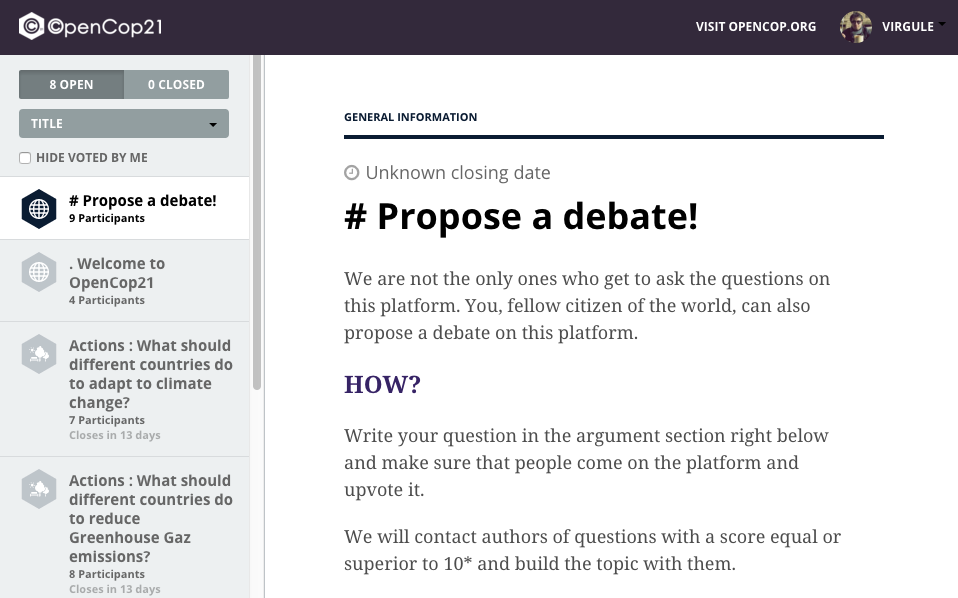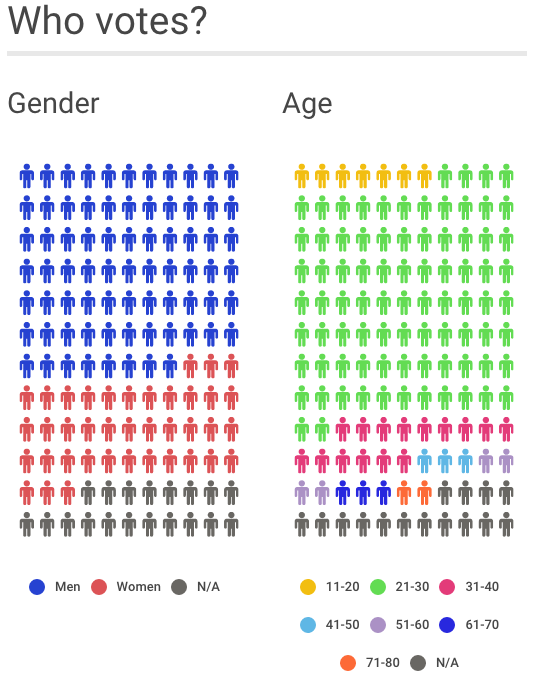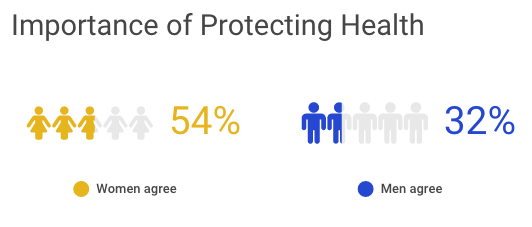Starting November 30th and finishing on December 11th, the whole world is watching a small commune le Bourget just north of Paris, where delegates from all over the world gathered at the United Nations Climate Conference (COP21) to tackle climate change. So, as the first Climate Conference of 1997, Tokyo and the following one of 2009, Copenhagen failed to achieve a universal agreement on climate change, the pressure on the COP21 to produce a binding global agreement is enormous. Yet as both political and nonpolitical actors alike advocate for the cause there is little intercommunication between them and almost a complete lack of such between them and the general public. The structure of the COPs and a virtual divorce of decision-making from public opinion create a feeling of exclusion of everyone's voice in favour of uniformal comfort of the institutionalized negotiations process. However, when there is a problem, there is also an opportunity hidden in solving it. Thousands of eco-activists try to propose different ways to solve the problem of engaging the public in advocating for the cause, yet little was done to ask the public about specific topics and ways to talk about climate issues. That is why a collaborative project between two pioneering civic tech companies DemocracyOS (DOS) and Democracy 2.1 (D21) emerged. Aiming to provide the worldwide community with a platform for education, debate, and crowdsourcing, a team of enthusiastic activists created OpenCOP21, the first platform for a worldwide citizens' debate on climate change. Powered by the DOS deliberation functionality and D21 voting mechanism, OpenCOP21 is offering its users not just an opportunity to learn more about climate change and the COP21, but also to debate about it, voice their opinions, and even propose their own questions for other users to approve it. This innovative approach helps to bring the world to the negotiating table by opening the doors for everyone not just to sit and watch or to say "yay" or "nay" to certain propositions, but to actively participate in setting the agenda and defining what to put upfront. The project was officially launched on November 4th with two simultaneous debates in Paris and Malakoff. Since then it has already gathered users from Argentina to Fiji, from Russia to the US, and produced some data worth sharing with everyone. One of the central questions of the OpenCOP21 is what principles should be the most important ones in building a universal climate agreement. The voters on this specific questions represent all genders, age groups, and more than 10 countries.  The current results show a high level of consensus on the winning option that stresses the importance of ecosystems integrity. At the same time we observe differing opinion between gender on the importance of protecting health.  As you can see, OpenCOP21 provides data that highlights not just points of consensus, but also a lack of such. Right now it is a high time to further engage the whole world in this debate, so that we can present a more robust data to the stake-holders and decision-makers making a change in both nature and structure of the debate on climate change. With OpenCOP21 we are proving that a public worldwide debate on the climate change is not just possible, but it is a successful and necessary part of any discourse on the matter. You can help us by joining the debate, spreading the word, and asking your own questions! Join OpenCop21 on the platform: app.opencop.org Read more on the website: opencop.org Twitter: @Open_Cop21 Facebook: OpenCOP21https://youtu.be/qNCgfd7dNb0
Culture
OpenCOP21: the First Platform for a Worldwide Citizens' Debate on Climate Change
Collaborative project between two pioneering civic tech companies

Stay connected with other changemakers.
You just read OpenCOP21: the First Platform for a Worldwide Citizens' Debate on Climate Change.
Sign up to stay in touch.
Every week you'll get:
- One dead-simple Nudge that saves money + cuts CO₂
- Monthly Swap challenge with action buddies
- Ad-free site + early access + exclusive community
First 150 members lock in lowest price forever + get the printed manifesto shipped free.
FREE
GET THE DISPATCH
Weekly intel. No spam. Just action.


